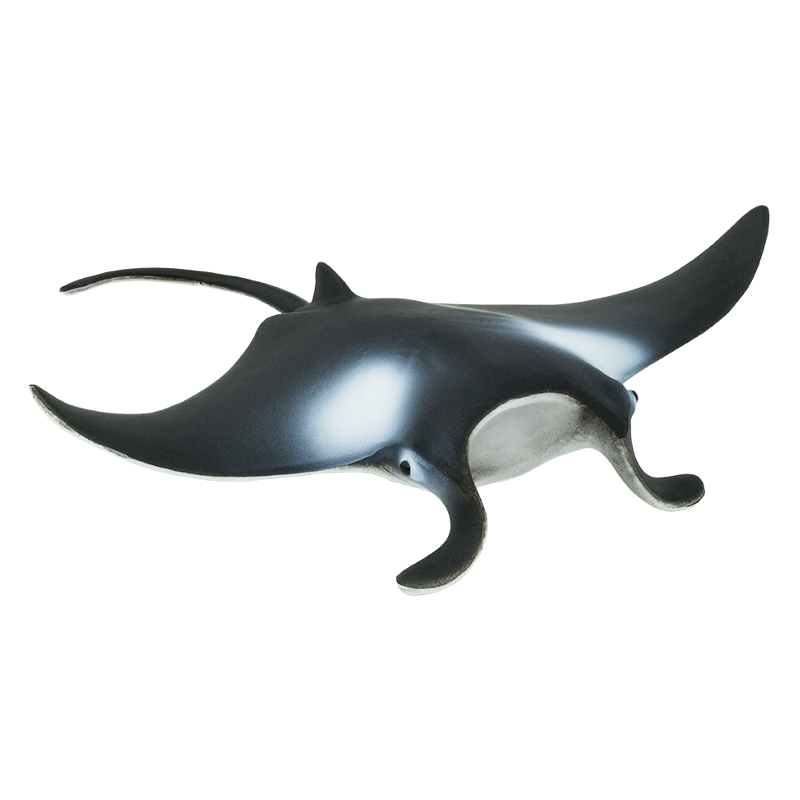
This image has format transparent PNG with resolution 800x800.
You can download this image in best resolution from this page and use it for design and web design.
Stingray PNG with transparent background you can download for free, just click on download button.
Stingrays are a group of sea rays, which are cartilaginous fish related to sharks. They are classified in the suborder Myliobatoidei of the order Myliobatiformes and consist of eight families: Hexatrygonidae (sixgill stingray), Plesiobatidae (deepwater stingray), Urolophidae (stingarees), Urotrygonidae (round rays), Dasyatidae (whiptail stingrays), Potamotrygonidae (river stingrays), Gymnuridae (butterfly rays) and Myliobatidae (eagle rays). There are about 220 known stingray species organized into 29 genera.
Stingrays are common in coastal tropical and subtropical marine waters throughout the world. Some species, such as the thorntail stingray (Dasyatis thetidis), are found in warmer temperate oceans and others, such as the deepwater stingray (Plesiobatis daviesi), are found in the deep ocean. The river stingrays and a number of whiptail stingrays (such as the Niger stingray (Fontitrygon garouaensis)) are restricted to fresh water. Most myliobatoids are demersal (inhabiting the next-to-lowest zone in the water column), but some, such as the pelagic stingray and the eagle rays, are pelagic.
Stingray species are progressively becoming threatened or vulnerable to extinction, particularly as the consequence of unregulated fishing. As of 2013, 45 species have been listed as vulnerable or endangered by the IUCN. The status of some other species is poorly known, leading to their being listed as data deficient.
The mouth of the stingray is located on the ventral side of the vertebrate. Stingrays exhibit hyostylic jaw suspension, which means that the mandibular arch is only suspended by an articulation with the hyomandibula. This type of suspensions allows for the upper jaw to have high mobility and protrude outward. The teeth are modified placoid scales that are regularly shed and replaced In general, the teeth have a root implanted within the connective tissue and a visible portion of the tooth, is large and flat, allowing them to crush the bodies of hard shelled prey. Male stingrays display sexual dimorphism by developing cusps, or pointed ends, to some of their teeth. During mating season, some stingray species fully change their tooth morphology which then returns to baseline during non-mating seasons.
In this page you can download free PNG images: Stingray fish PNG images free download